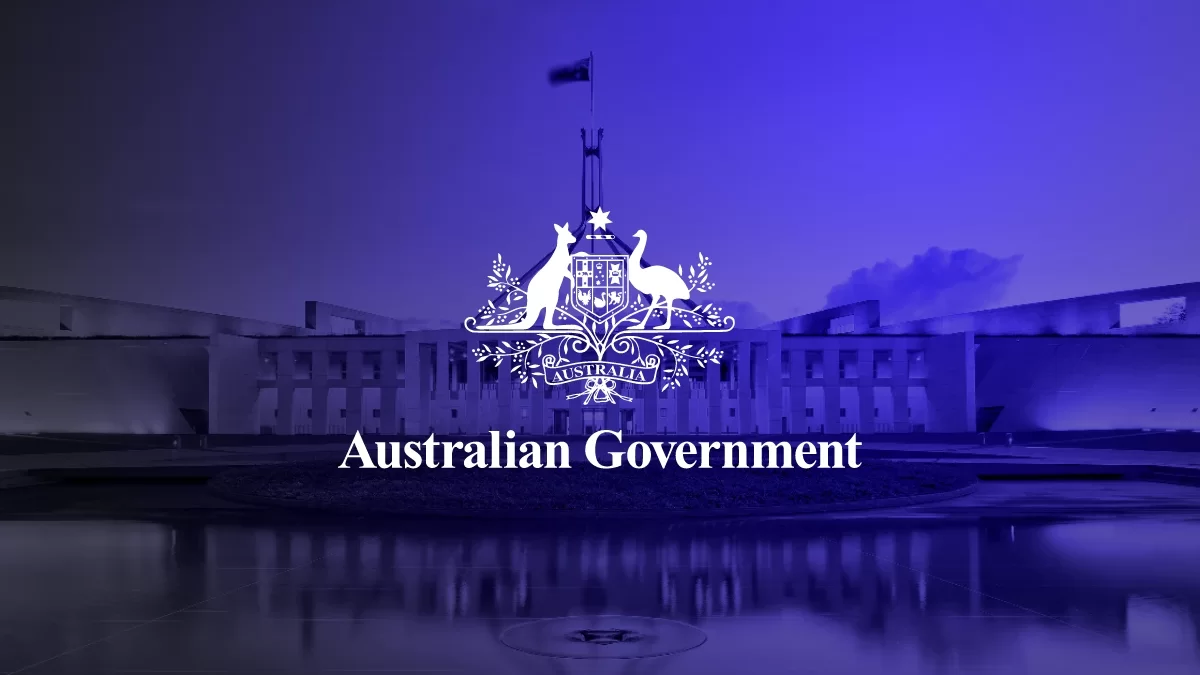
Australia appears to be edging closer to sweeping reform in the regulation of gambling advertising, particularly online wagering. A parliamentary inquiry in 2023 — known as the Murphy Review, titled You Win Some, You Lose More — made several bold recommendations: among them a phased ban over three years on all online gambling advertising, stronger harm-reduction measures, and tighter regulation of inducements and sponsorships. After delays and political debate, the government is reportedly ready to “proceed” with these reforms, with Communications Minister Anika Wells seen as a champion of restricting gambling ads during times with high viewership (especially around sports broadcasts), and possibly banning or limiting ads online and on social media.

Some of the proposed reforms include limiting gambling advertising on free-to-air television to no more than two ads per hour between certain hours (e.g. 6am-10pm), banning ads during live sporting events or children’s TV times, and prohibiting inducement advertising (promotions that encourage betting) and sponsorships that promote gambling. However, there is ongoing tension: sports leagues, broadcasters, and racing bodies warn of significant financial impact; meanwhile, public health advocates, legal experts, and many Australian citizens argue that harm from gambling advertising is serious and growing. Polling shows strong public support: for example, 76% of Australians support a complete ban phased in over three years, and even higher percentages support bans on ads via social and online channels, or in stadiums and on players’ apparel.
Despite the momentum, there are hurdles. The government has to balance economic and cultural interests (sporting revenue, media broadcast income, etc.) against public health harms. Legislative drafting needs to clarify how reforms will apply to streaming platforms, online media, social media, and sponsorships. Also, MPs, the Senate, and parties outside the government have been pushing for full adoption of all 31 recommendations from the Murphy Review, but so far many remain unacted upon. Lobbying by the gambling and sports industries, and concerns about whether some restrictions might drive gambling ads underground or into less regulated spaces, are also complicating matters. Still, many observers believe that if reforms are implemented well, they could significantly reduce exposure, especially among youth, reduce inducements, and shift the cultural acceptability of gambling advertising.

 Content Writer: Janice Chew • Thursday, 25/09/2025 - 21:23:21 - PM
Content Writer: Janice Chew • Thursday, 25/09/2025 - 21:23:21 - PM